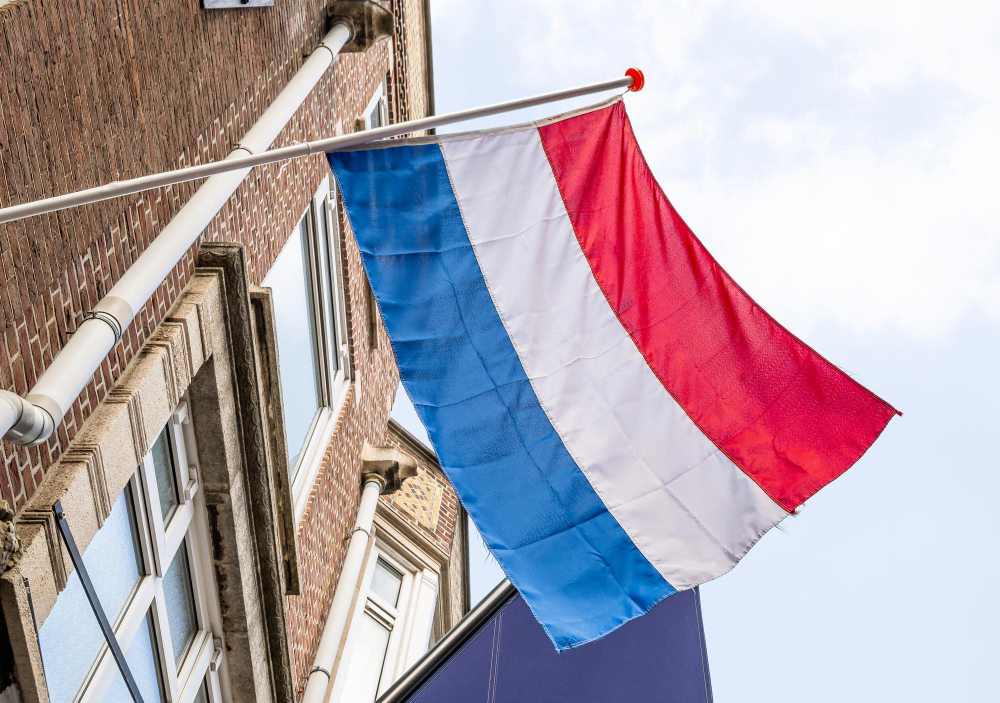More than 100 citizens of Suriname have applied for Dutch citizenship after being deprived of it over five decades ago.
Summary:
1. Around 100 Surinamese inhabitants who migrated to the Netherlands in the 1980s or 1990s, but are without passports, have sought residence status.
2. These individuals, born prior to Suriname's independence in 1975, were initially Dutch nationals but had their citizenship revoked involuntarily.
3. Nearly 800 Surinamese nationals lacking proper documentation, aged between 48 and over 80 years old, have been residing unlawfully in the Netherlands since the 1980s or 1990s.
Around 100 Surinamese individuals who have resided in the Netherlands since the 1980s or 1990s, but lack passports, have applied for residency status. These individuals were born prior to 1975, before Suriname gained independence, and therefore held Dutch nationality at the time, but had it involuntarily revoked, as highlighted by their legal representative in de Volkskrant.
According to a report by NOS, there are approximately 800 Surinamese citizens without proper documentation in Dutch territory who arrived in the country during the 1980s or 1990s and have been living there unlawfully since then. Their ages range from 48 to over 80 years old.
They were supposed to apply for a Dutch passport within five years after Suriname's independence. However, not everyone was aware of this requirement or able to fulfill it, especially considering some were very young at the time.
Their lawyer, Eva Bezem, stated on NOS Radio 1 Journal that the consequences of this situation are significant, as they lack health insurance, housing, employment opportunities, and legal rights. Surinamese nationals in the Netherlands live in fear of being apprehended and face potential imprisonment, which creates a challenging environment for their children and grandchildren as well.
Some of these undocumented Surinamese rely financially on their Dutch passport-holding relatives, which can lead to feelings of shame, according to Bezem. Despite having families and employment in the Netherlands, they have no incentive to return to Suriname.
Bezem noted that many of them engage in voluntary work since they are unable to work without a passport. She emphasized the potential benefit to the labor market if they were permitted to work, given their established integration into Dutch society.
Additionally, it's estimated that over 58,000 undocumented migrants reside in the Netherlands, including failed asylum seekers who stay in the country and take illegal jobs, categorized as either "adventurers" or "investors," often from Asia or South America, who engage in illegal employment to support their families abroad.

